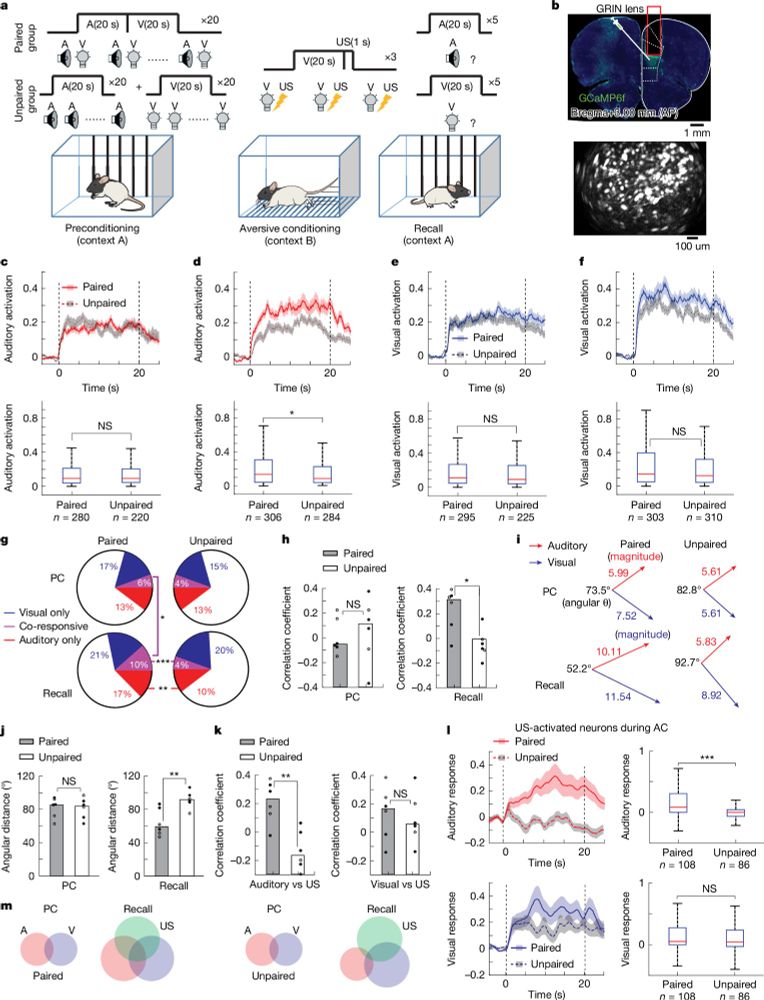Shannon Burns, PhD
@shannon47burns.bsky.social
960 followers
150 following
38 posts
Assistant Professor of Psychological Science & Neuroscience at Pomona College in Claremont, CA
Posts
Media
Videos
Starter Packs
Reposted by Shannon Burns, PhD
Reposted by Shannon Burns, PhD
Reposted by Shannon Burns, PhD
Reposted by Shannon Burns, PhD
Reposted by Shannon Burns, PhD
Josh Johansen
@jojolab.bsky.social
· May 14

Prefrontal encoding of an internal model for emotional inference
Nature - Neurons in the rodent dorsomedial prefrontal cortex encode a flexible internal model of emotion by linking directly experienced and inferred associations with aversive experiences.
rdcu.be
Reposted by Shannon Burns, PhD
Reposted by Shannon Burns, PhD
Reposted by Shannon Burns, PhD
Reposted by Shannon Burns, PhD
Reposted by Shannon Burns, PhD
Reposted by Shannon Burns, PhD
Reposted by Shannon Burns, PhD
Reposted by Shannon Burns, PhD
Reposted by Shannon Burns, PhD
Reposted by Shannon Burns, PhD
Reposted by Shannon Burns, PhD
Reposted by Shannon Burns, PhD
Dave Hauser
@davehauser.bsky.social
· Aug 13

















